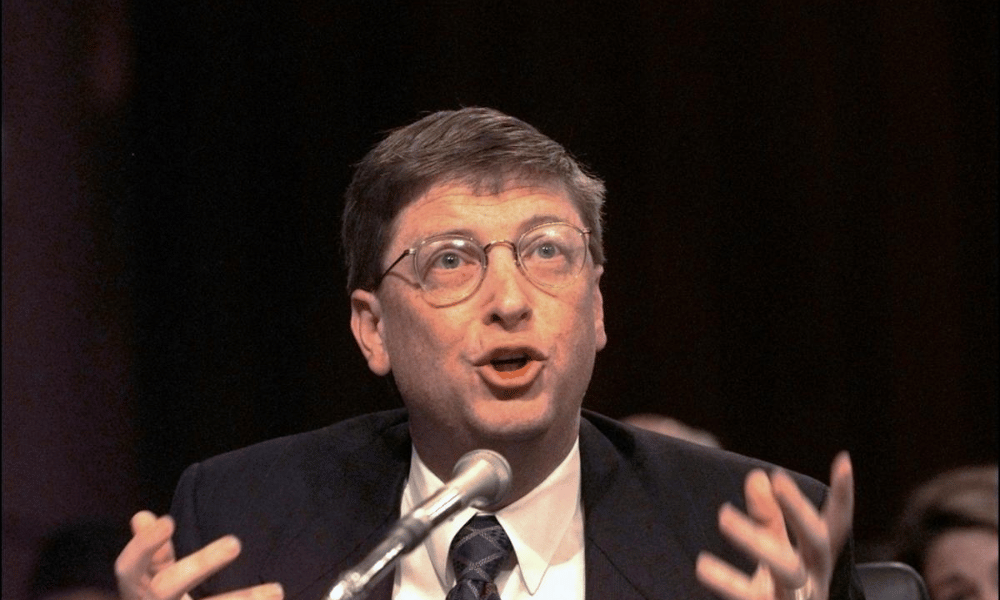
The US government is taking on some of the country’s biggest tech giants in a series of high-stakes antitrust lawsuits. One lesson from past fights is that these cases can create an opening for a new generation of firms to emerge, even if the government isn’t successful.
| Are you a Tax Lawyer in USA? 👉Transform Your Brand: Click for Metamorphosis👈 |
Take Microsoft (MSFT). The Seattle software and cloud computing giant benefited from a 1969 government case against rival IBM (IBM), which the government eventually dropped after 13 years due to what an assistant attorney general called "flimsy" evidence. The litigation had alleged IBM illegally monopolized the market for business computers.
Later, between 1998 and 2001, Microsoft found itself hobbled by its own extended antitrust battle with the Justice Department, which resulted in a settlement that opened the door to broader competition in the internet browser software market.
The settlement — which required Microsoft to design its Windows operating system to interoperate with competing browsers, email clients, media players, and instant messaging software — created an opportunity for Google (GOOG, GOOGL), then a startup, to begin its period of meteoric growth in the 2000s.
'These things are highly unpredictable'
This scenario may be ripe to repeat itself with a new set of federal and state lawsuits that seek to break up Google, Facebook-owning Meta (META), and possibly Amazon (AMZN).
The cases create potential for new tech giants to emerge, but no certain path, said former Federal Communications Commission Chief of Staff Blair Levin.
"These things are highly unpredictable," said Levin, who is now a fellow at the Brookings Institution. "I'm pretty sure no one would have predicted that the government's antitrust case against IBM would have produced Microsoft, nor ... that the government's Microsoft antitrust case would have produced Google. But they did."